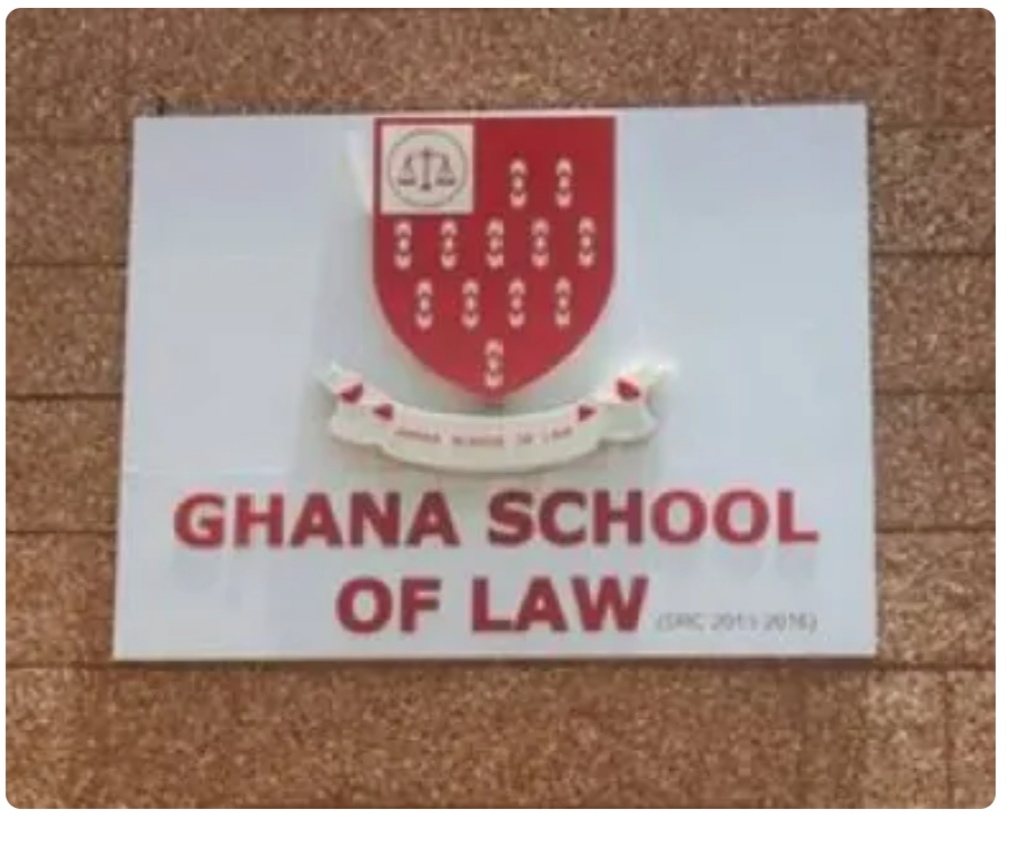In a move set to transform legal education in Ghana, Attorney-General and Minister of Justice, Dr. Dominic Ayine, has unveiled a comprehensive reform bill that seeks to dismantle the centralized admissions system of the Ghana School of Law, popularly known as “Makola.” The bill proposes a decentralized approach to practical legal training, followed by the introduction of a National Bar Examination—a shift legal experts describe as the most significant structural change in the legal profession in decades.
Speaking at a press briefing in Accra on Monday, July 28, 2025, Dr. Ayine revealed that the final draft of the Legal Education Bill is complete and will be presented to the Cabinet for review in August. If approved and passed into law, the bill will transfer the responsibility for professional legal training from the Ghana School of Law to accredited universities offering LLB programmes.
“The bill will abolish the Ghana School of Law system,” Dr. Ayine announced. “Universities will be allowed to offer practical legal training internally, and successful students will write a national bar exam, similar to what is done by the Institute of Chartered Accountants.”
Under the proposed system, LLB graduates will complete a one-year Bar Practice Programme at the same university where they earned their degree. After this training, students will be required to pass a standardized National Bar Examination to qualify for admission to the Bar.
Dr. Ayine emphasized that the reforms are designed to eliminate long-standing barriers that have restricted access to legal practice in Ghana. For years, the country’s centralized legal training model has faced sharp criticism over its limited admissions capacity, which has left thousands of qualified LLB graduates unable to proceed to the professional stage.
“We are shifting from exclusion to inclusion,” he said. “Our goal is to ensure that all qualified LLB holders have a clear and merit-based path to becoming lawyers.”
The current system, centered on the Ghana School of Law, has been accused of perpetuating unfairness and creating a bottleneck in legal education. Critics have argued that the institution’s annual intake falls drastically short of demand, creating a backlog of law graduates unable to enter the profession.
The proposed reforms aim to address these issues through decentralization and the establishment of a national qualifying mechanism. The National Bar Exam, modeled after professional accounting certifications, will create a uniform standard for evaluating legal competence across all institutions.
In response to concerns about funding for private universities, Dr. Ayine clarified that while access to training will be opened up, financial support from the government will remain limited to public institutions.
“Government funding for private universities is a privilege, not a right,” he said. “We are already stretched supporting public institutions.”
The reform aligns with global trends, where legal education is increasingly shifting toward flexible, competency-based models. Analysts believe the introduction of a National Bar Exam could democratize access to the legal profession and enhance Ghana’s legal competitiveness across Africa.
While the announcement has been welcomed by reform advocates and aspiring lawyers, it also raises important questions about implementation, particularly around standardization, institutional capacity, and quality assurance.
The legal community now awaits the Cabinet’s review of the bill, which could mark the beginning of a new era in Ghana’s legal history.



Comments
Please login to leave a comment.